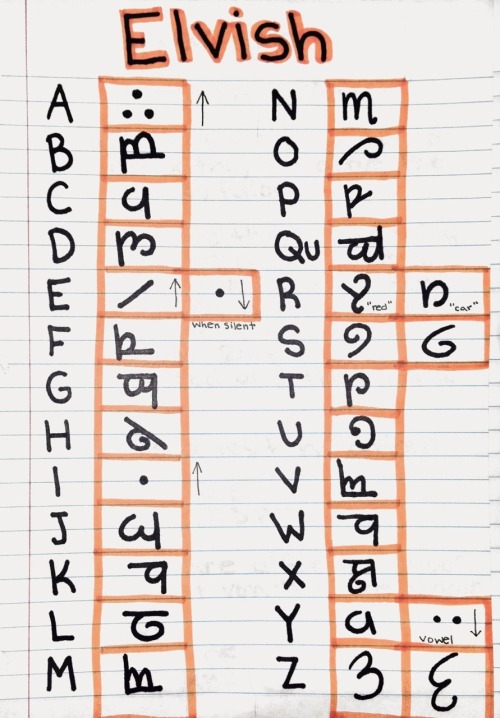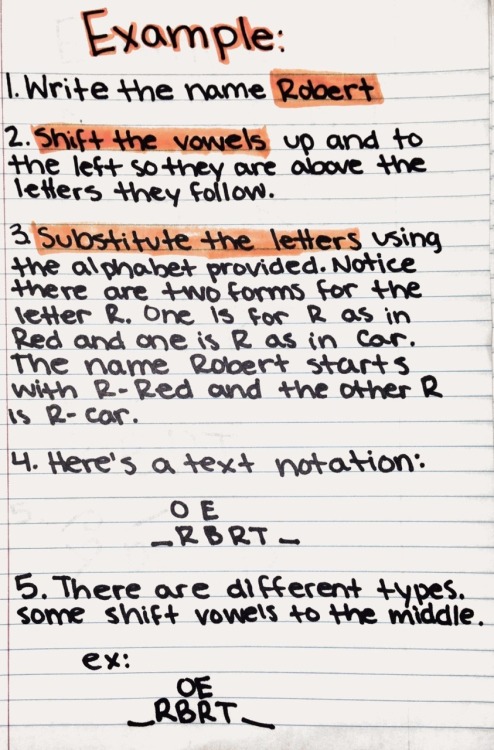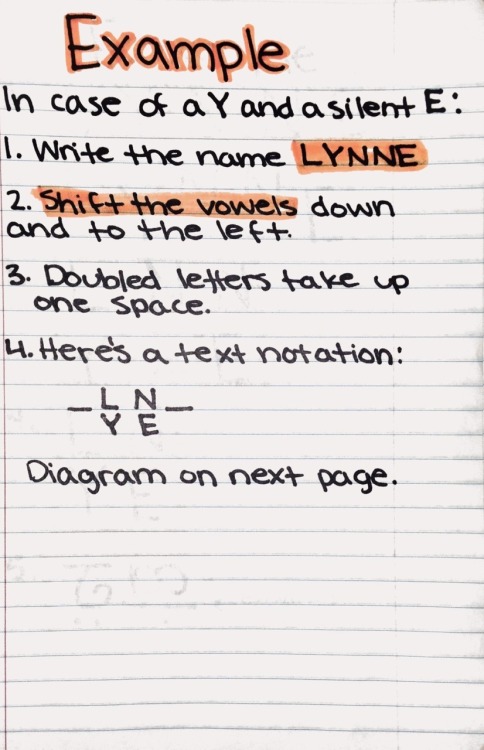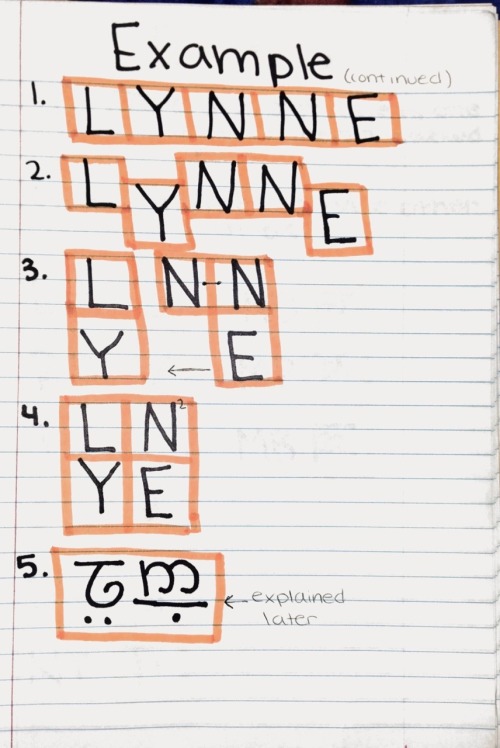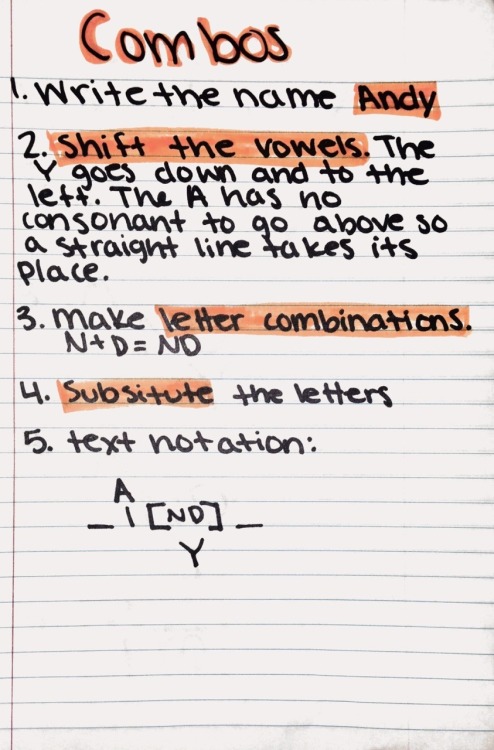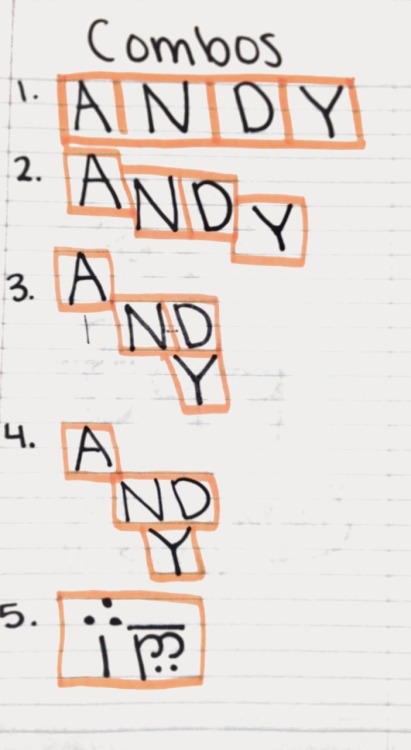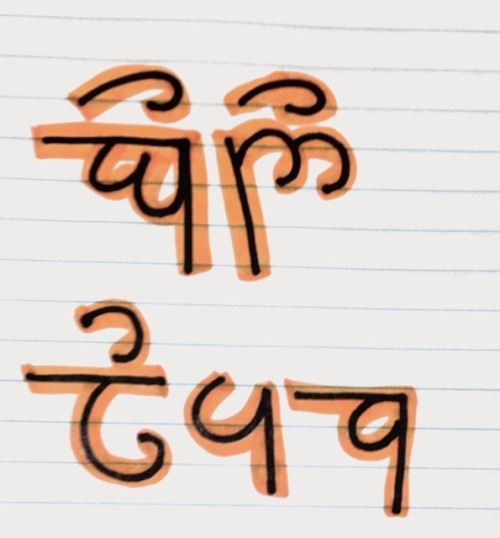#learning language
Ch.1-4 Consonants and Vowels 2
There are more consonants and vowels than 14 and 10.
Introduce you all korean letters!


Ch 1-2 Basic Korean
Tips to learn Korean letters - consonants


Korean grammar “입니다, 합니다, 습니다” as “-ㅂ니다”
Basic grammar must know

"-ㅂ니다" shows the present tense (I read, I eat, I go, etc.) or daily actions (I go to Church, I go to school, etc.) .
Basically there are three types of verbs in Korean.
First, “-입니다” from -이다(infinitive) means “is”
Second, “-합니다” from -하다(infinitive) means “do”
the last but not least irregular forms. “가다”, “먹다”, “자다” etc. are the last case.
“-입니다” is corresponding to “is” in English.
“이다” (is) + “ㅂ니다” becomes “-입니다”
For example;
- This is a pen = 이것은 펜입니다.
- I am at cafe = 나는 카페입니다.
“-합니다” is used for verbs ending with “-하다
"Verb ”-하다" is the most common form of verbs in Korean.
These verbs are consist of Noun and “-하다”.
For example,
- "공부하다" is made up by “공부(Study)” and “-하다”.
- “낙서하다” is made up by “낙서(Doodle)” and “-하다”.
These verbs have a distinction comparing to other verbs, which the noun on the verb can change to Object with “-을/를”.
For example,
- “공부하다” can change to “공부를 하다”.
- “낙서하다” also can be written in “낙서를 하다”.
The irregular form to use “-ㅂ니다” is depending on the last letter of the verb.
- End with vowel (There is no consonant on the bottom)
- “가다(Go)” + “-ㅂ니다” becomes “갑니다.”
- “자다(Sleep)” + “-ㅂ니다” becomes “잡니다.”
2. End with the consonant “ㄹ” -Omit “ㄹ” and apply the first rule, +“-ㅂ니다”
- “갈다(Change/Grind)” + “-ㅂ니다” becomes “갑니다.” - As you notice, it is the same form with “가다 + -ㅂ니다”.
- “말다(Roll up)” + “-ㅂ니다” becomes “맙니다.”
3. End with a consonant besides “ㄹ” - add “-습니다”
- “걷다(Walk)” +“-습니다” becomes “걷습니다.”
- “입다(Wear) + ”-습니다" becomes “입습니다.”
There is a worksheet on studywithjun.com
I appreciate your effort on study today, and hope you guys have a good day !
Study thoughts ~Mandarin language~
7th April 2021
Changes~? ✨
I feel like it’s a huge day for me, a huge mental change. Studying Mandarin feels different, but I don’t know how to explain, how to name these feelings I have… and this motivation that came to me like from nowhere? Gosh. It’s amazing.

Maybe it’s the reason why I am improving, understand way more than one year ago, that I am about to finish the intermediate book, that I can understand lots of vlogs without subtitles, I can read Chinese social media and don’t freak out…
Or maybe it was that dream I got? That I was dreaming about buying tickets to China… I have no idea. Hope this feeling will stay with me for a long time and that I will never cry again about my crappy Mandarin.

Send you some positive energy, folks! ✨
谢谢大家!爱你们!
Casual reminder to LISTEN.
YOU GOTTA LISTEN. Listen to your favorite shows, to podcasts, to vlogs, to music, to anything—as long as it’s made by native speakers. The textbook isn’t enough. Get serious about immersing yourself in the language as much as possible.
Why? Because you need to get a feel for common phrases and vocabulary, for context, for intonation and pitch, for pronunciation, to train your ear to make out the sounds better, etc…. It’s not about understanding everything, it’s about getting a feel for the language and its patterns.
So yeah. Stop neglecting it. Like now. Because grammar rules help, but they will never get you to fluency. A shit ton of input will take you much further (eapecially input that you can comprehend, which the grammar rules will help with). That’s all ^-^



saturday 30/04/22
today was just french!! i started french at the beginning of the year after doing spanish the whole of myp, so it’s definitely a massive change. french ab initio is treating me well but i’ve been slacking ++ pronunciation is so difficult because i need to unlearn my spanish pronunciation to succeed in french
so today i put a lot of my vocab on flash cards and i intend to revise it using spaced repetition
♫superbounce - duckwrth♫
Here are more ways that you can respond to someone, and sound more fluent!
¡ Qué Barbaridad! | Literally, “What a barbarity!”
Use in place of “how terrible”, or “oh my god”. It’s a response to a bad event that has taken place.
¿Cómo no? | Why Not?
It can be used the was English speakers say it, and can be literal as well ( like asking why someone isn’t doing something).
No me diga. | Don’t tell me
Used as an expression of exhasperation.
Está bien | ok, alright, that’s good
De acuerdo | Ok (”in agreement”)
Seguro | yes, sure
No me importa | I don’t care
Ni modo | Oh well, What can you do?
It’s a bit unsympathetic, so if something bad happened, you may not want to use it.
Vale | Ok
Used in Spain, some parts of Colombia.
YOU WANNA LEARN ELVISH?! HERE YA GO!
is this legit?
This is legit. My husband, sitting across the room, looks over and says, “IS THAT SOMEONE SHOWING HOW TO CONVERT ENGLISH TO TENGWAR? BECAUSE THAT’S THE WAY!”
Believe this man. He owns atlases of Middle Earth, the complete history of Midle Earth (leatherbound), and has read the books at least 150 times. Also: speaks elvish.
Yes.
For future reference. :)
REBLOGREBLOGREBLOGREBLOG
This counts as another language guys. :)
Post link
Sometimes, you want to say more than just, “Que bueno”, or “Que terrible”. These are different ways that you can respond to someone, and sound more fluent!
Claro | Sure, Of course, Naturally
Para Nada | No way, No
En Absoluto | Absolutely Not
It looks positive, because there isn’t a “no”, but it’s negative.
Imagínese(Imagínete) | Imagine that!
For times when saying “Holy crap!” would be inappropriate. Imagínese is formal, Imagínate is informal.
En tus sueños | In your dreams
Another way to say “no”.
¿Verdad? | Really?, Is that so?
¿En serio? | Seriously?
sonrisa
This has always been one of my favorite words in Spanish; sonrisa, meaning “smile.” I particularly liked it because it reminded me of the English word sunrise, purely I think due to the phonetic similarities but the analogy was still very nice: a smile like a sunrise, which lights up a face in the way the sun lends light to the horizon.
The Spanish is actually a derivation of the Latin term subrisa, a conjugation of the word subrideo. This comes from two parts, the first being sub, or “under,” and the second being rideo, which is “to laugh.” The verb encompasses both the nicer meanings of “a happy chuckle,” and the more perjorative “ridicule or mock.”
Interestingly, the Latin rideois also the root for another Spanish word, reír, meaning “to laugh.” Thus, although risaandreírare not quite the same words in Spanish, they come from the same place in Latin.
Whenever I mention my online language lessons, I get tons of questions from people about how to choose the right tutor and how to make the most out of a lesson. Here are my tips!
YouTube polyglot Lindie Botes gives 7 tips for choosing the right language tutor and having successful online lessons. She talks about her experiences with iTalki, but the tips would be useful for any other one-on-one language tutoring service.
The most frustrating part about learning a language is that sometimes you can translate each and every word in a passage but for some reason it still doesn’t make any sense to you because you can’t seem to translate the actual meaning of it.
01.08/2015: More hiragana practicing and memorizing. Almost there! Next will be katakana. On a different note, summer is coming to an end where I live. It´s getting cloudy here, so I´m going to lift my mood up with some cake and coffee.
(。◕‿◕。)
Post link

